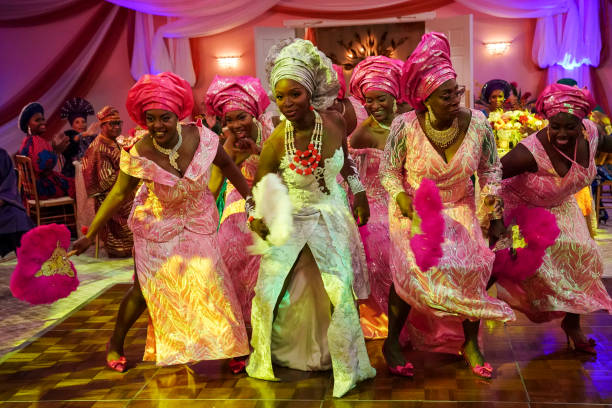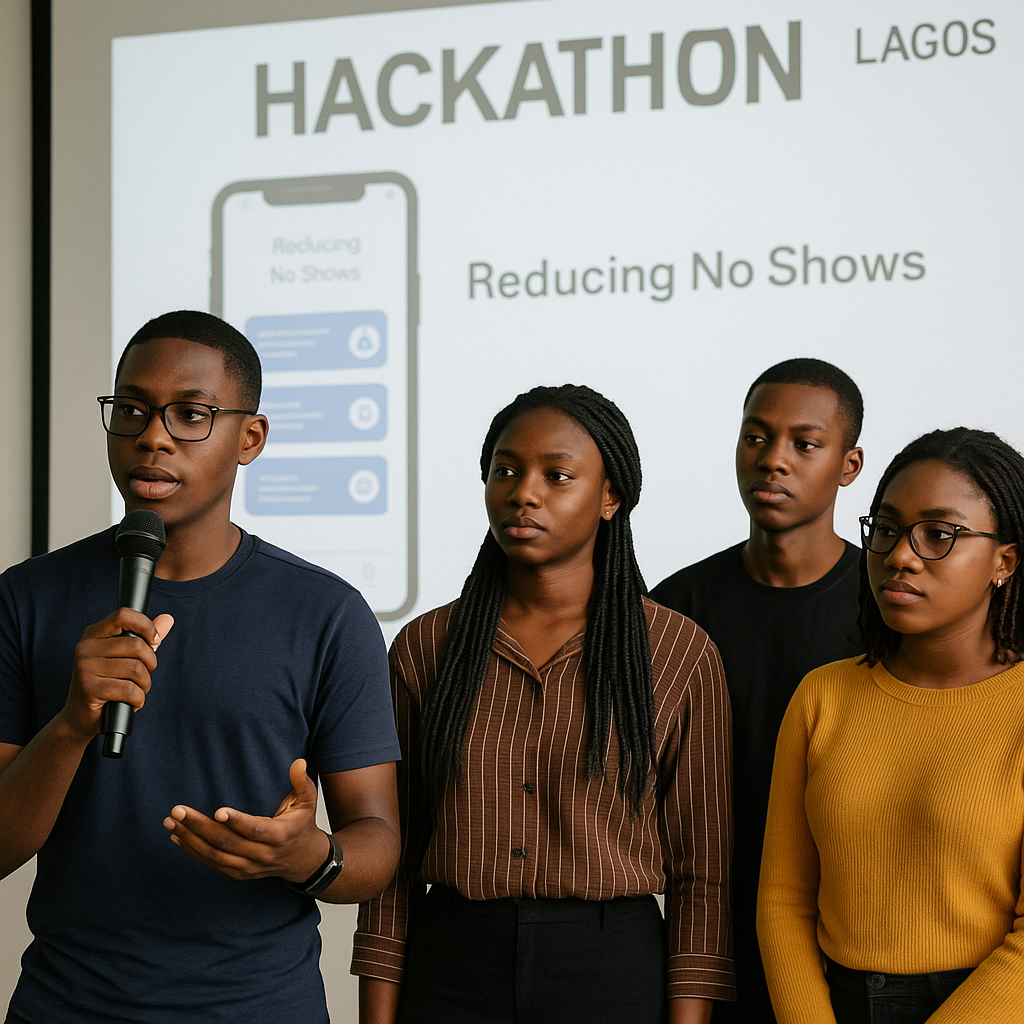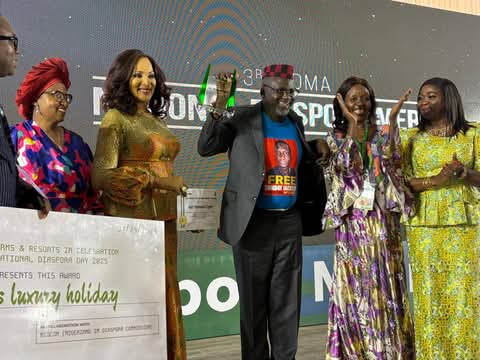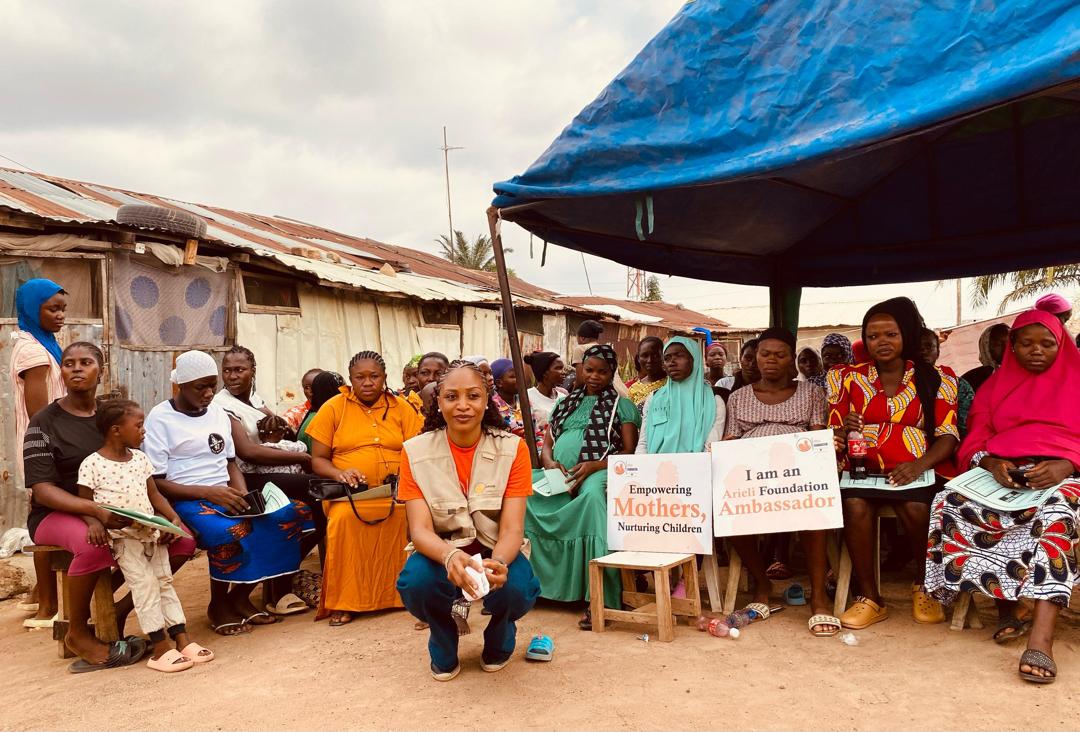When Sandra and Tolu tied the knot in Lagos last December, it was nothing short of a spectacle. Over 500 guests, two outfit changes for the bride, a highlife band flown in from Ghana, and a wedding cake taller than a grown man. The entire event – from the bridal shower to the traditional engagement and white wedding – cost over ₦40 million. For context, that’s more than what most Nigerians will earn in ten years.
But Sandra and Tolu’s wedding wasn’t an outlier. It was typical – even expected – in certain Nigerian circles.
Welcome to the world of Naija weddings, where love and luxury walk down the aisle hand in hand.
Big Day, Big Business
Nigerian weddings, especially in urban centres like Lagos, Abuja, and Port Harcourt, are no longer just family affairs. They’re now full-blown productions – and big business. According to industry insiders, the Nigerian wedding industry is worth billions of naira annually. Everyone from makeup artists to event planners, caterers to MCs, DJs, photographers, ushers, decorators, and aso-ebi vendors – all earn a living off these grand ceremonies.
Wuraola Bello, a popular event planner in Lagos, says she manages at least two weddings a month, each costing between ₦15 and ₦80 million.
“People want a statement wedding,” she explains. “They want to trend on Instagram, to make their friends say ‘wow’. For many couples – and especially their families – it’s about status.”
Keeping Up Appearances
It’s not just about love anymore. There’s a lot of pressure – especially on the bride’s side – to impress.
“There’s an unspoken competition,” says Adaobi Nwankwo, who got married in Enugu last year. “My mother kept comparing our plans to what her friend’s daughter did. It was stressful.”
Families often see weddings as an opportunity to show off wealth, real or borrowed. Some take loans. Others dig deep into savings, all for one weekend.
“It’s not just the couple’s day,” Adaobi adds, “it’s the family’s day to shine.”
And shine they must – with luxury cars, designer outfits, and high-profile guests. The higher the guest list, the higher the perceived status.
The Aso-Ebi Economy
Behind every Nigerian wedding is the aso-ebi industry – the colourful, matching fabrics worn by friends and family. These fabrics, often sold at marked-up prices, are part of the economic machine.
Vendors make millions from bulk sales, while tailors are booked out months in advance. It’s also not uncommon for brides to choose multiple aso-ebi colours for different sets of guests – each with its own fabric, price, and design.
“A bride once gave us four different aso-ebi designs for one wedding,” says Kemi, a Lagos-based tailor. “We made over 200 outfits.”
The Social Ladder of Love
Who sits where, who gets the front-row seats, who gets served first – all matter. Weddings in Nigeria are structured by unspoken hierarchies. VIP guests arrive fashionably late and are served before others. Security is often tight, not just for safety but to ensure that only “invited” guests enter the hall.
“It’s not just about love anymore,” says social commentator Tunde Lawal. “It’s about power, class, and influence.”
A Growing Divide
While vendors celebrate the booming wedding economy, others worry about its impact on young couples.
“There’s pressure to overspend,” says Pastor Mike Obiora, who runs premarital counselling sessions in Abuja. “Some young men get into debt just to fund a wedding. They start married life already burdened.”
Social media adds to this pressure. Wedding highlights on Instagram, TikTok, and YouTube often show only the glamour – not the stress, the loans, or the aftermath.
Love or Lifestyle?
Not every Nigerian wedding is extravagant. Some couples opt for simpler, intimate ceremonies. But these are still the exception, not the rule.
For now, Naija weddings remain a booming business and a social performance – a mix of joy, culture, capitalism, and sometimes, competition.
As long as status and spectacle remain tied to the idea of a perfect wedding, the economy of extravagance will continue to flourish.
And somewhere in the middle of the confetti, gold-plated souvenirs, and fireworks, two people are simply trying to say, “I do.”





